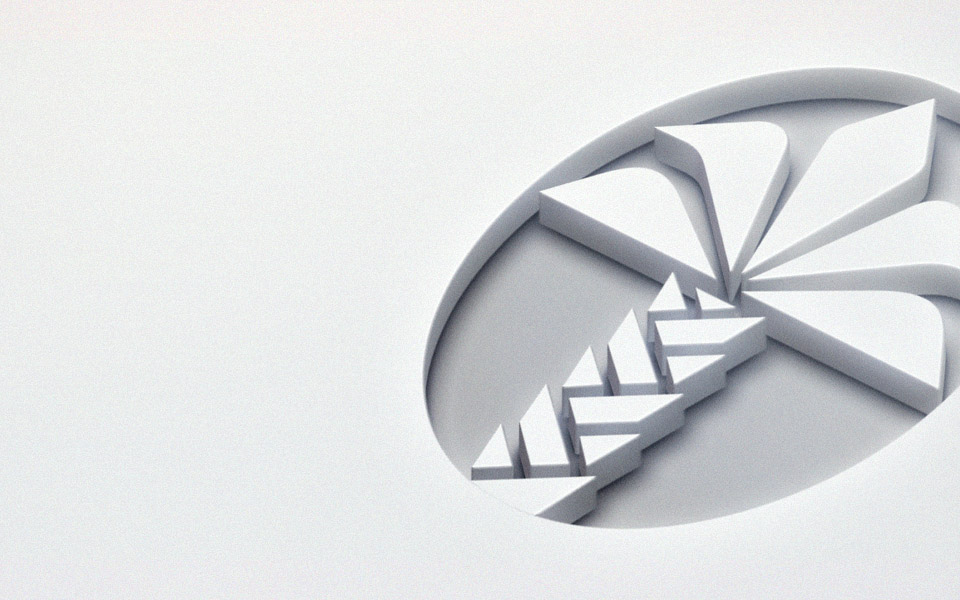Islamic Banking Glossary
Below you find a glossary in alphabetical order explaining the most important terms and principles of Islamic banking.
Arbun is, according to the Hanbali School of Law, a sale with a nonrefundable down payment that is being paid to the seller after acceptance of the purchase agreement. The down payment is used to guarantee that the purchase agreement is fulfilled at the defined time.
Bai Salam is an advance cash payment for future-delivery goods or commodities. The amount and quality of goods or commodities, as well as the delivery date and place of delivery, are being pre-specified in detail. This type of sale was introduced mainly on behalf of farmers to help them grow products to feed their families before harvest.
Gharar is associated with uncertainty, deception, hazardous sales or risky investments. It includes short selling, the selling of goods or assets of uncertain quality or delivery, gambling, or contracts that are not drawn out in clear terms. In order to avoid the risk of Gharar, a purchase contract has to be precisely defined and specified for both parties and the result of it cannot be uncertain, unknown or hidden. The prohibition of highly speculative transactions is one of the pillars of Islamic banking, thus, most derivative products are rejected by Islamic scholars due to excessive uncertainty.
Ijara is an Isamic leasing contract. Leasing is an agreement that permits one party, the lessee, usually the bank’s client, to use an asset or property owned by another party, the lessor, usually the Islamic bank, for an agreed-upon price over a fixed period of time.
Istisna decribes a long-term delivery contract whereby a party undertakes to manufacture, build or construct assets, with an obligation from the manufacturer or producer to deliver them to the customer upon completion. This implies financing an „unfinished“ asset. In Islamic law, only the purchase of existing assets or goods is allowed. Thus, Istisna is a contract with an exact specification of the asset or project. Payments can be made in installments linked to project completion, at delivery or after project completion.n.
Maysir decribes gambling or any games of chance. Maysir is prohibited by Islamic law, referring to the concept that a contract between two parties cannot be based on the concept that in the loss of one party lies the benefit of the other.
Mudaraba is a trust financing contract based on a partnership in which one partner – usually the Islamic bank – is the investor, or silent partner, and the other partner manages the financier’s investment in a business venture as fund manager. The fund manager is solely responsible for the outcome of the economic activity on which the financier has no influence. Both parties agree in advance to a profit and loss sharing ratio. If the project results in a loss, the loss is absorbed solely by the investor.
Murabaha is an Islamic banking structure, where an intermediary, usually the Islamic bank, buys an asset or a property with free and clear title to it or instructs the client to buy the asset or property in its name. The bank then agrees upon a sale price, including an agreed upon profit for the intermediary, that can be made through a series of installments, or as a lump sum payment.
Musharaka is a joint enterprise or partnership structure between an Islamic bank and its client with profit and loss sharing implications and divided management responsibilities. It allows each party involved in the respective business operation to share in the responsibilities, profits and risks, according to a predetermined ratio.
Riba literally translates to „surplus“ and in Islamic finance is the prohibition of interest, one of the most important concepts in Islam. The Quran allows a growth of capital by reciprocal trade. Interest and similar income or expenses are prohibited. Riba is also repeatedly being mentioned in the Sunna.
The Sharia Board also known as Ethics Council is a religious Supervisory Board that monitors the Islam-complaint product development and implementation in Islamic banking.
Sukuk are Islamic, asset-backed and interest-free bonds that represent proportionate beneficial ownership in the underlying asset, which will be leased to the client to yield the return on the Sukuk.
Takaful describes an Islamic insurance concept based on mutuality and shared responsibility and is similar to a cooperative. Insurance policy holders participate a community pool system with their contributions and share risks, losses and liabilities as well as profits.
